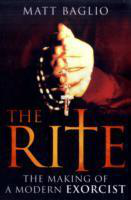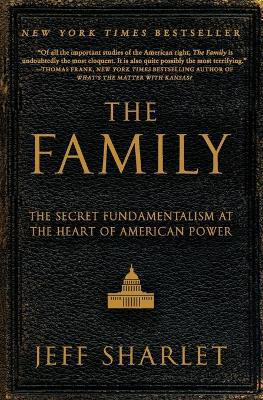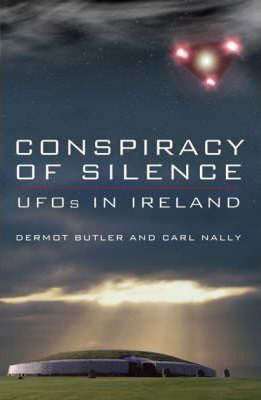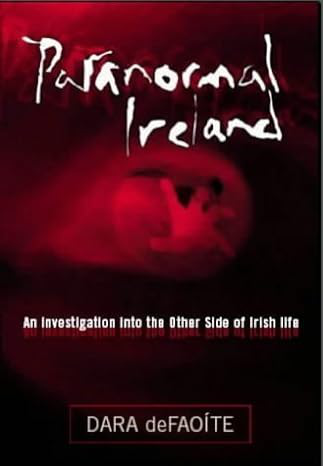UK High Court Awards Bombing Survivors €52,200 in Damages Against Richard D Hall
General News
Friday 8th, November 2024
3 minute read.
A High Court ruling on Friday awarded Martin Hibbert and his daughter, Eve, €52,200 (£45,000) in damages after the survivors of the 2017 Manchester Arena bombing successfully sued Richard Hall, who claimed that the deadly attack was orchestrated by the government. The Hibberts, among the victims of the bombing, pursued Hall in court for harassment and violation of data protection laws, marking a significant legal step against conspiracy driven harassment in the UK.
The Manchester Arena bombing took place seven years ago at an Ariana Grande concert in Manchester, England. The bombing tragically claimed the lives of 22 people and left many more injured, including Martin Hibbert and his daughter, who was then 14. Hibbert, who was paralysed from the waist down as a result of the explosion, and Eve, who suffered a severe brain injury, were profoundly affected by the events of that night. Their legal case targeted Hall’s claims that the attack was staged by British government agencies, claims he widely circulated in videos and books.
In her an October 2024 ruling, Judge Karen Steyn found Hall’s actions amounted to harassment, referencing specific instances such as a 2019 incident where Hall filmed Eve Hibbert and her mother outside their home. This ruling set the groundwork for Friday’s hearing, which addressed damages, liabilities under data protection law, and the legal costs associated with the case. The final judgement awarded €52,200 (£45,000) to the Hibberts.
Martin Hibbert, reflecting on the judgement, said, “This case sends out a clear message to conspiracy theorists that you cannot ignore all acceptable evidence and harass innocent people”. Hibbert, who has become an advocate for the rights of survivors of mass casualty events, also stated that the case underscored the importance of legal protections, though he called for a more robust law in his daughter’s name. This law, he said, would aim to expand justice and protection for survivors facing public harassment and distress.
The case has drawn comparisons to similar legal actions taken against Alex Jones, a prominent U.S. based conspiracy theorist, who was sued by families of victims of the Sandy Hook Elementary School shooting in 2012. That attack left 26 people dead, and relatives of the victims sued Jones for spreading similar theories that denied the reality of the tragedy.
Outside the courtroom, Hall continued to stand by his claims, telling reporters, “There was no bomb”.
The ruling is viewed by legal experts as a potential turning point in addressing harassment tied to conspiracy theories, particularly those targeting individuals who have survived traumatic events. As the Hibberts’ case demonstrates, the UK’s current legal framework provides avenues for holding individuals accountable for severe emotional and psychological harm inflicted through 'opinion' and distressing claims.
The Manchester Arena bombing took place seven years ago at an Ariana Grande concert in Manchester, England. The bombing tragically claimed the lives of 22 people and left many more injured, including Martin Hibbert and his daughter, who was then 14. Hibbert, who was paralysed from the waist down as a result of the explosion, and Eve, who suffered a severe brain injury, were profoundly affected by the events of that night. Their legal case targeted Hall’s claims that the attack was staged by British government agencies, claims he widely circulated in videos and books.
In her an October 2024 ruling, Judge Karen Steyn found Hall’s actions amounted to harassment, referencing specific instances such as a 2019 incident where Hall filmed Eve Hibbert and her mother outside their home. This ruling set the groundwork for Friday’s hearing, which addressed damages, liabilities under data protection law, and the legal costs associated with the case. The final judgement awarded €52,200 (£45,000) to the Hibberts.
Martin Hibbert, reflecting on the judgement, said, “This case sends out a clear message to conspiracy theorists that you cannot ignore all acceptable evidence and harass innocent people”. Hibbert, who has become an advocate for the rights of survivors of mass casualty events, also stated that the case underscored the importance of legal protections, though he called for a more robust law in his daughter’s name. This law, he said, would aim to expand justice and protection for survivors facing public harassment and distress.
The case has drawn comparisons to similar legal actions taken against Alex Jones, a prominent U.S. based conspiracy theorist, who was sued by families of victims of the Sandy Hook Elementary School shooting in 2012. That attack left 26 people dead, and relatives of the victims sued Jones for spreading similar theories that denied the reality of the tragedy.
Outside the courtroom, Hall continued to stand by his claims, telling reporters, “There was no bomb”.
The ruling is viewed by legal experts as a potential turning point in addressing harassment tied to conspiracy theories, particularly those targeting individuals who have survived traumatic events. As the Hibberts’ case demonstrates, the UK’s current legal framework provides avenues for holding individuals accountable for severe emotional and psychological harm inflicted through 'opinion' and distressing claims.



